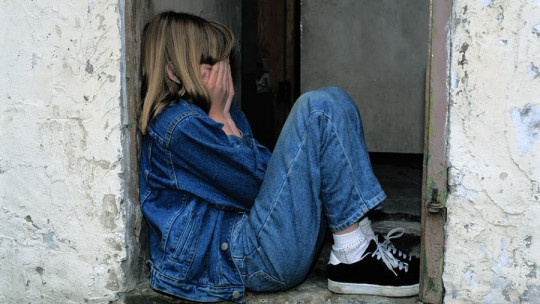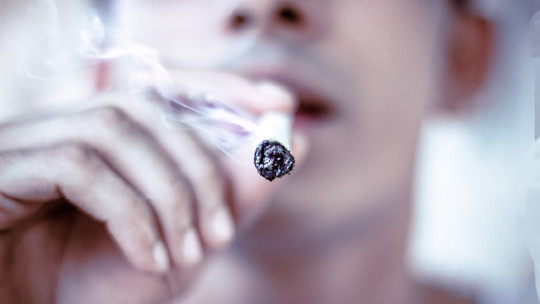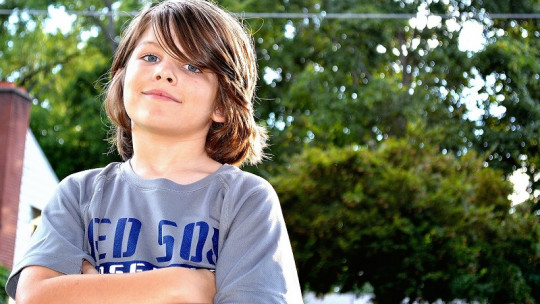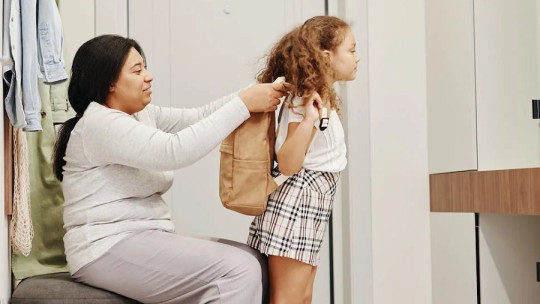
There is no doubt that as the first wave of coronavirus infections has died down, our way of behaving has changed beyond the rules applied by governments.
Although during the first days of the application of the state of alarm, most of the population emphasized the need to prevent, sometimes even going so far as to exaggerate, currently, with the new normality and the return to the streets, the atmosphere is very more relaxed. So relaxed, in fact, that in some cases it can become a problem.
In this article we will talk about the perception of risk in a population especially prone to exposure to infections: young people
The current situation in the face of the pandemic
Today, we find ourselves facing a panorama with which we have not yet fully familiarized ourselves: in most places in Spain there are hardly any regulations that limit our individual freedoms, but we remain very aware of the high risk of there being a second wave of infections.
In fact, In some places there are already significant outbreaks and that is why some measures are being adopted to follow when we leave home in general: maintaining a safe distance and in areas like Catalonia, the obligation to wear a mask also on the street, not only in closed areas and public transport.
But One thing is the rules and another is the facts In general, adults tend to easily comply with these types of health regulations, but among younger people, it is much more common to see non-compliance.
Of course, it would be totally wrong to think that the simple fact of being a teenager implies adopting fewer infection prevention measures, but in situations that affect us all globally, statistics are very important: The average teenager tends to be more exposed to the risk of coronavirus infection, compared to adults
Risk perception in young people
During the toughest phase of the first wave of the pandemic, Spain has proven to be one of the countries in which confinement rules have been most complied with. However, that does not mean that all citizens have the same predispositions to maintain security measures in what they do on a daily basis.
For decades, it has been known that the young population, who are in the stage of adolescence or early adulthood, are especially prone to putting themselves at risk spontaneously, and in a wide variety of contexts. The implications this has on virus prevention are clear: Although this age group usually copes well with the symptoms of COVID-19 or even does not develop symptoms, they are still capable of transmitting the virus
This is especially serious if we take into account that adolescents are, in general, gregarious, and in their daily lives it is common to get together in large groups. For example, during leisure time on weekends.
Possible explanations for this phenomenon
What accounts for the average teenager’s tendency to engage in reckless behavior? Various explanations are being considered in this regard.
From a biopsychological point of view, it is considered that in adolescence The brain’s reward system, the one that participates in the way we prioritize our sources of motivation, is not mature enough to give too much importance to abstract or long-term goals.
Thus, in the adolescent brain, the structure known as the limbic system, which is the part of the brain from which emotional impulses arise, would have a greater capacity to direct the attention of young people towards the here and now, and this is not would be counteracted by other areas of the nervous system capable of putting community needs first.
However, there is also another possible explanation: Due to the way in which they tend to socialize, adolescents tend to pay much more attention to what other young people are doing (or rather, in what other young people slightly older than them do) than in what adults do.
In other words, among young people there is a kind of culture of their own that is passed from generation to generation and which is very difficult to penetrate from the outside, no matter how much science and security measures based on medical criteria are on our side. .
As coronavirus prevention measures are not something innate, but a cultural phenomenon, The “default option” that adolescent culture finds itself in is not giving importance to this issue The same goes for the rest of the prevention and safety measures, which usually arise through a mix of personal experience and attention to what experts in the adult world say.
In addition, sex also plays a relevant role in relation to risk management. There are many studies that associate testosterone production with the tendency to expose oneself to risky situations, with a positive correlation between the two. This means that, generally, Men are the ones who worry the least about ensuring their safety in practically all areas of life
On the other hand, the peak of testosterone production reaches its peak in the period from adolescence to young adulthood, and declines significantly after age 30 in men and 45 in women.
The importance of responsibility in the face of the coronavirus
That adolescents are statistically more reluctant to be consistent with all contagion prevention measures does not mean that it is impossible to encourage them to do what is necessary to prevent the spread of the virus.
A climate of general awareness in which emphasis is placed on the importance of looking out for vulnerable people can achieve great things; Probably, many will have already been surprised to see that millions of people have turned to stop the first wave of the pandemic, even if that meant assuming significant economic losses.
On the other hand, for adolescents who find it especially difficult to adapt to the change brought about by the appearance of the coronavirus, we must not forget that Psychotherapeutic support is a useful and effective resource when it comes to improving impulse control learn new ways to channel motivation, resolve family conflicts, overcome a bad time from an emotional point of view, etc.
Are you looking for professional psychological assistance?

If managing the situations to which the pandemic is exposing us is difficult for you and that is why you are looking for psychological support to be able to face it, contact us.
In Psychological Awakenings a psychotherapy center founded in 2012 and which currently has several locations throughout the CAM, we have a team of certified professionals with experience in caring for adults, children and adolescents.
Our good work during these years has allowed us to help more than 8,000 patients, in addition to winning, among other things, an award for Professional Excellence. You can count on us in Madrid, Leganés, Móstoles and Getafe, or through online therapy by video call.








